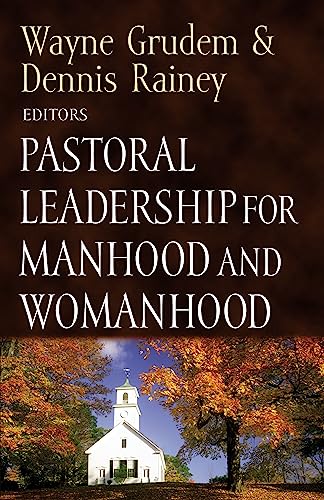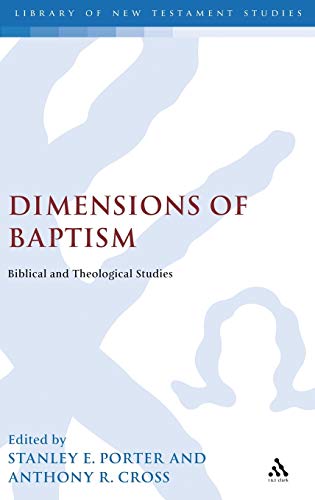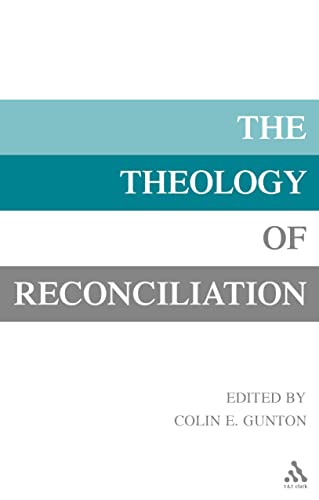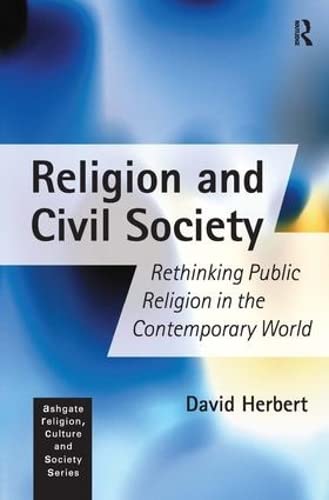PASTORAL LEADERSHIP FOR MANHOOD AND WOMANHOOD
Written by Wayne Grudem and Dennis Rainey (eds) Reviewed By Sharon JamesThe title is somewhat misleading, in that one might expect it to be a book about men and women in pastoral ministry. In fact it is a symposium of essays on how pastors can lead the church in such a way as to promote Biblical models of manhood and womanhood. The fifteen chapters were given as papers at a conference sponsored by the Council on Biblical Manhood and Womanhood and Family Life Today in Dallas, in March 2000. Over fifty papers covered a whole range of Biblical and practical subjects; and this is one of four books arising from that conference.
The first section is on the pastor’s personal life. Kent Hughes (author of Disciplines of a Godly Man) gives a strong exhortation to married pastors to build their own marriage. The second and third sections are on the opportunities and challenges pastors face today. Dick Purnell, leader of one of the largest ministries to single adults in the USA, gives a useful analysis of why many churches appear unfriendly to single people, and what to do about it. H. B. London gives a lot of ideas on cultivating a ‘man-friendly’ church. He argues that many churches are so feminised that they are off-putting to non-Christian men. In an age of escalating divorce rates, there are chapters on strengthening marriages within the church, including a helpful outline of how to use older couples to ‘mentor’ younger couples by Bob Lepine. C. J. Mahaney writes on leadership and submission in marriage, clearly outlining what submission is not, as well as what it is. Two of the best chapters are by Bob Davies (former North American Director of Exodus International) on ministering to those involved in homosexual practice. A chapter on responding to domestic violence makes it clear that ‘submission’ does not mean a passive enduring of abuse, and gives strategies to help both victim and abuser.
This book, along with the other three books coming out of the Dallas conference, expresses the ‘complementarian’ position vis-à-vis manhood and womanhood. This view rejects the ‘traditional’ view which so emphasised ‘different roles’ that women were denied active ministries, and which overemphasised headship and submission in marriage to the exclusion of mutuality. But this view also rejects the evangelical feminist denial of gender-based roles in marriage and the church. The ‘complementarian’ view affirms male leadership in the family and church, while also affirming a whole range of ministries for women.
The many helpful insights on a whole variety of pastoral issues means, however, that this book can be recommended even to those who may not hold this perspective, particularly those in church leadership. However, as is often the case with American books on the family, British readers may be irritated by some of the cultural assumptions.
Sharon James
Leamington Spa






